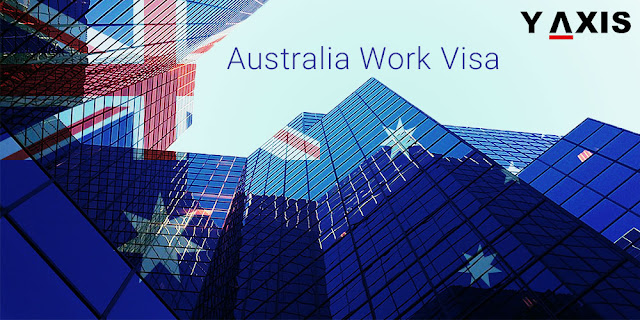Different types of Schengen visas for benefit of travellers
A Schengen visa obtained from any one of the Schengen member states allows its holder to travel unrestrictedly within the 22 countries of the European Union and four countries of EFTA (European Free Trade Association) for certain duration.
But the type of visa issued by an Embassy/Consulate of any one of the Schengen nations has certain limitations which depend on the purpose of the visit and other important reasons. Uniform Schengen Visas (USV) is a permit of one of the member states of the Schengen zone which allows an individual to travel and stay in a location his/her choice for only up to 90 days once in every six months.
With a Uniform Schengen Visa, one can travel to Czech Republic, Austria, Belgium, Denmark, Finland, France, Estonia, Greece Germany, Iceland, Hungary, Latvia, Italy, Luxembourg, Malta, Netherlands, Lithuania, Poland, Switzerland, Norway, Sweden, Portugal, Slovenia, Slovakia and Spain.
Under the Uniform Schengen Visa, there are two types of visa categories, A and C.
A category is for the holders of the Airport Transit Visa, allowing them to travel through the Schengen Country Airport’s international zone without entering any of the Schengen countries. An airport transit visa is a must for individual traveling from one non-Schengen country to another non-Schengen member state by changing flights at an airport of a Schengen country.
Under a C category comes the short-term visa using which its holder is allowed to stay in a Schengen member state for a period of time which depends on the validity of the visa. One of the C category visas is a single-entry visa, which lets its holder enter a Schengen member state only once for a certain duration. Once the individual exits the Schengen zone country, the validity of the visa expires, though the time period for which one is allowed to stay there.
Once you leave the certain Schengen country you entered the visa validity expires, even if the time period allowed to stay in the country has not yet lapsed. With a double-entry visa too, the aforementioned rules apply. The only difference is that you are can enter the Schengen country twice. When the individual leaves the country after his/her visit the visa becomes invalid.
Holders of the multiple-entry visa, however, can visit the Schengen country as many times as they wish. But a holder of this visa can still only stay in Schengen nation for only up to 90 days per visit once in every six months.
Limited territorial validity visa (LTV) is the second category of Visa to Visit Schengen Countries. This visa allows its holders to enter only the Schengen country which has issued them the visa or in certain cases, it applies to the Schengen States stated specifically by the individual when applying for the visa. Therefore, the holders can only visit the countries as mentioned in their visas. The holders of this visa also are barred from transiting through any other Schengen member state.
This visa is issued in very special cases where a humanitarian issue is involved or as per an international obligation. This visa can be granted to individuals who have not yet obtained a valid travel document to enter a country belonging to the Schengen area to travel in an emergency situation.
The third category of visa is of D category national visa, which is granted to certain individuals who are students, employed persons or permanent residents of one of the countries in the Schengen area. These national visas can be a single entry, which issued to people who need to live in a Schengen country for certain duration and on a particular purpose. They need to return to their country after the said purpose has been achieved. A multi-entry national visa is granted to certain individuals who can travel to and out of that Schengen country as they wish. In addition, they are also allowed traverse across the entire Schengen zone without any additional documents.
To procure a multiple-entry national visa, one must fulfill certain requirements. They include the following:
Under an international student program, the visa will be granted for a maximum period of one year.
Visa can be given to a foreign student who is about to start a complete course of studies in any one of the Schengen Member States. This visa too is granted for a maximum period of one year which can be extended further.
Visa can be given for educational purposes education institution or a research institute in one of the Schengen countries. Holders of this visa, in some cases, may be allowed to take their close family members too.
Visa is also granted to professional who is a sportsperson, athlete, and artist or in any other field for participating in any event or for improving his/her expertise.
Visas are also given in emergency cases such as to treat a medical condition that cannot permit the individual to leave that country in the Schengen area.





Nice information. Thanks for sharing content and such nice information for me. I hope you will share some more content about. Please keep sharing!
ReplyDeletestudy abroad consultancy
best overseas consultants in Chennai